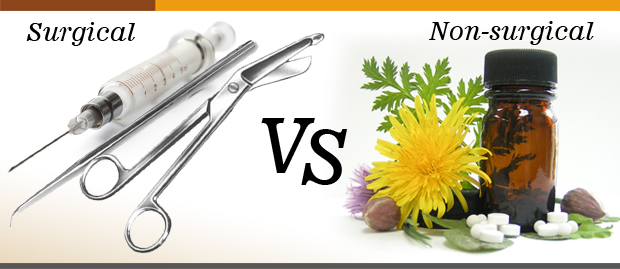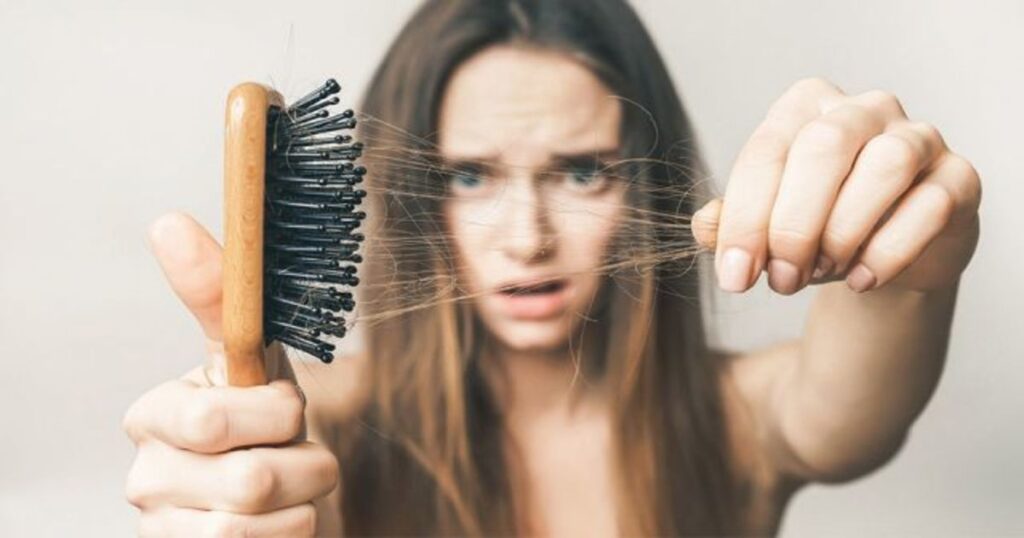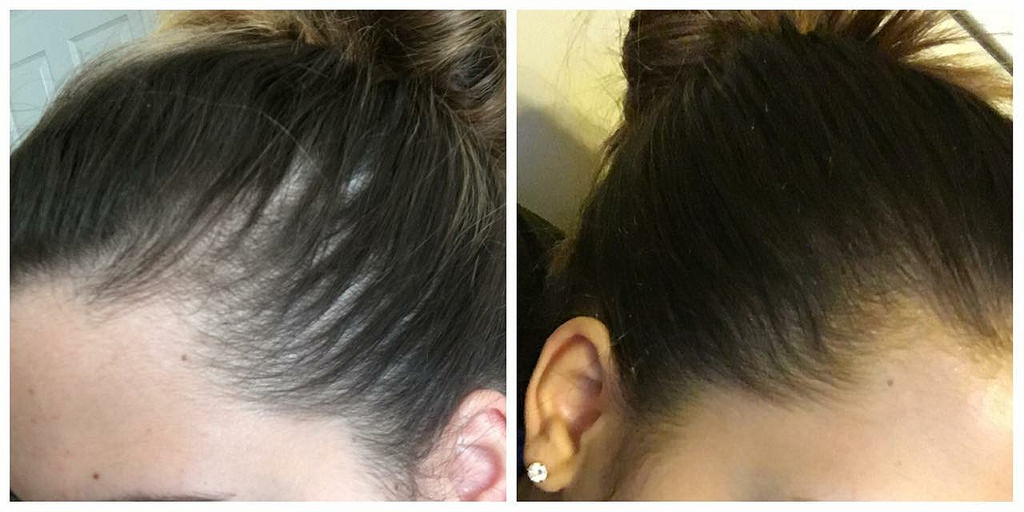 Loss of hair creates a cosmetic setback for men as well as women. No one wants to live with a receding hairline, continued hair loss and older looking face. Hair loss often turns out to be a social disease than medical.
Loss of hair creates a cosmetic setback for men as well as women. No one wants to live with a receding hairline, continued hair loss and older looking face. Hair loss often turns out to be a social disease than medical.
Patients suffering from hair loss are really desperate to fix the problem.
There are two types of treatments available for the patients of hair loss.
- Surgical treatment for hair loss
- Non- surgical treatment for hair loss
Surgical treatment for hair loss
As the name suggests, patient has to undergo a hair transplant operation in this type of treatment. This type of treatment is not only expensive but also painful. It takes a long time to show results and there is also a fear of infection during or after the procedure.
Hair transplant surgery is a non-reversible surgery. That means if a patient is not satisfied with the results after the hair transplant surgery, he can do nothing.
A patient with hair loss when decides to undergo hair transplant procedure, there is a risk of losing all the hair with the slightest error committed by the surgeon.
Hair loss patient is left with a few permanent hairs on the backside of the head. They are limited in numbers. This means most patients of hair transplant has only one or maximum two chances of operation where in hair is taken out from donor area and transplanted to bald or recipient area.
The operating surgeon should be highly competent and experienced to do justice to the patient, otherwise; he can harm the patient to a great extent.
It is very important that before opting for the surgical treatment for hair loss, patient’s pattern of baldness is properly studied by the doctor. In those patients who are under 30 years of age and who have undergone the hair transplant procedure early in life; it is possible that the transplanted hairs keep on growing even after many years and the rest of the hairline is receding fast. This gives a look as if there is an island of hair on forehead surrounded by the sea of baldness.
Surgical treatment for hair loss is also associated with a lot of pain, swelling, discomfort, bleeding and scarring at the site of the operation. It is also very expensive. One has to be a celebrity to afford the costs of hair transplant.
Medical (Non- surgical) treatment for hair loss
This option is considered when the age of the patient is young especially below 30 years, health of the patient does not permit any surgical procedure or patient is afraid of going under the knife and also, if the patient is not able to afford the cost of hair transplant surgery.
There are four major medical therapies for hair loss:
1. Conventional medicines
2. Homeopathic medicines
3. Herbal medicines
4. Supplements
Lets talk about them in brief:
1.Conventional medicines:
This kind of treatment includes local application as well as oral ingestion of medicines.
The U.S. Food and Drug Administrations have approved two molecules named as Finasteride and Minoxidil.
Finasteride is prescribed orally and Minoxidil is given for the local application at the site of the hair loss.
Medical or non –surgical treatment of hair loss may be given separately or in combination with the surgical procedure, as recommended by the treating physician.
This kind of treatment is not very expensive, does not give rise to any swelling, scarring or infections or bleeding. There is no danger of the treatment going wrong and harming the patient as in case of the surgical hair treatment.
2. Homeopathic medicines:
Homeopathy works wonders for the treatment of hair loss. All varieties of hair loss except Male and Female Pattern Baldness are know to respond to homeopathy. The homeopathic medicines are selected based on the individual case evaluation and life-style parameters. Underlying diseases such as thyroid hormone imbalance (underactive thyroid) need to be treated suitably using homeopathic medicines while managing hair loss using homeopathy.
3. Herbal medicines:
There are some herbal preparations, which have been used and found effective for the hair loss. Especially, certain Ayurvedic oils and herbs are useful.
4. Supplements:
Deficiency of certain components such as iron deficiency, anemia or deficiency of Vitamin B12 or D3 are often associated with hair loss, for which suitable supplement has be used.
Finally, the onus lies on the treating doctor and informed patient for choosing the right treatment for the patient of hair loss.




